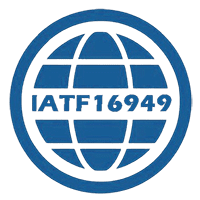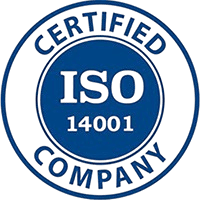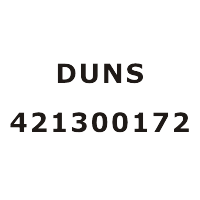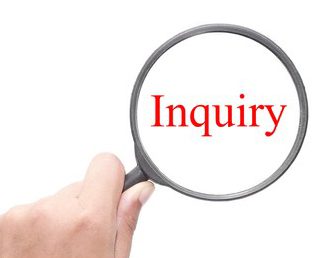
Choosing the right die casting supplier is crucial for ensuring the quality, efficiency, and cost-effectiveness of your manufacturing project. Here are some key considerations and steps to help you make an informed decision:
1. Experience and Expertise
• Industry Experience: Look for suppliers with extensive experience in die casting, especially in your specific industry.
• Technical Expertise: Evaluate their technical capabilities, including knowledge of various die casting alloys, processes, and technologies.
2. Quality Standards
• Certifications: Check for industry certifications such as ISO 9001, IATF 16949 (for automotive), and others relevant to your industry.
• Quality Control: Assess their quality control measures, including inspection and testing protocols, and their track record for delivering high-quality parts.
3. Capabilities
• Production Capacity: Ensure the supplier has the capacity to meet your volume requirements, whether it’s small batches or large-scale production.
• Equipment and Technology: Verify that they use modern and well-maintained equipment, including advanced die-casting machines, simulation software, and automation technologies.
• Material Range: Confirm that they can work with the specific alloys and materials required for your project.
4. Design and Engineering Support
• Design Assistance: Look for suppliers that offer design and engineering support, including design for manufacturability (DFM) analysis and prototyping services.
• Simulation and Modeling: Suppliers with advanced simulation and modeling capabilities can help optimize your design and reduce the risk of defects.
5. Cost and Pricing
• Competitive Pricing: Obtain detailed quotes from multiple suppliers and compare them. Be cautious of prices that seem too good to be true, as they may indicate lower quality or hidden costs.
• Cost Transparency: Ensure that the pricing is transparent, with a clear breakdown of costs, including tooling, materials, production, and any additional services.
6. Lead Times and Flexibility
• Delivery Time: Evaluate the supplier’s ability to meet your delivery schedules and their track record for on-time delivery.
• Flexibility: Consider their flexibility in accommodating changes in order quantities, design modifications, and urgent requirements.
7. Communication and Responsiveness
• Clear Communication: Choose a supplier that communicates clearly and promptly, providing regular updates and addressing any concerns quickly.
• Language and Cultural Considerations: For international suppliers, ensure there are no significant language barriers and that they understand your market’s requirements.
8. Sustainability and Environmental Practices
• Sustainable Practices: Assess their commitment to sustainability, including their use of eco-friendly materials, recycling practices, and energy-efficient processes.
• Environmental Compliance: Ensure they comply with environmental regulations and standards.
9. Customer References and Reviews
• References: Ask for references from their current or past customers to get firsthand insights into their performance and reliability.
• Reviews and Testimonials: Look for reviews and testimonials online to gauge their reputation in the industry.
10. Supply Chain Management
• Logistics: Evaluate their logistics capabilities, including their proximity to your location, shipping options, and ability to manage inventory and supply chain efficiently.
• Risk Management: Consider their risk management practices, including contingency plans for potential disruptions.
11. Long-Term Partnership Potential
• Strategic Fit: Assess whether the supplier aligns with your long-term goals and strategic vision.
• Partnership Approach: Look for a supplier that values long-term partnerships and is committed to continuous improvement and mutual growth.
| No | Criteria | Evaluation Notes |
| 1 | Experience and Expertise | Years in business, industry-specific experience |
| 2 | Quality Standards | Certifications, quality control processes |
| 3 | Capabilities | Production capacity, equipment, material range |
| 4 | Design Support | DFM analysis, prototyping, simulation tools |
| 5 | Cost and Pricing | Detailed quotes, cost transparency |
| 6 | Lead Times | Delivery schedules, flexibility |
| 7 | Communication | Responsiveness, language proficiency |
| 8 | Sustainability | Eco-friendly practices, environmental compliance |
| 9 | Customer References | References, reviews, testimonials |
| 10 | Supply Chain Management | Logistics, risk management |
| 11 | Partnership Potential | Strategic fit, commitment to partnership |







